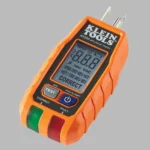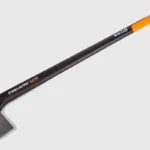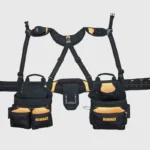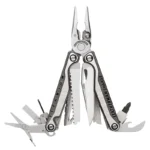Hand tools are like the trusty sidekick every hero needs. They’ve been around for centuries and are still going strong, despite the fancy power tools that seem to be taking over. Why? Because they’re versatile, reliable, and sometimes, you just need that personal touch to get the job done right.
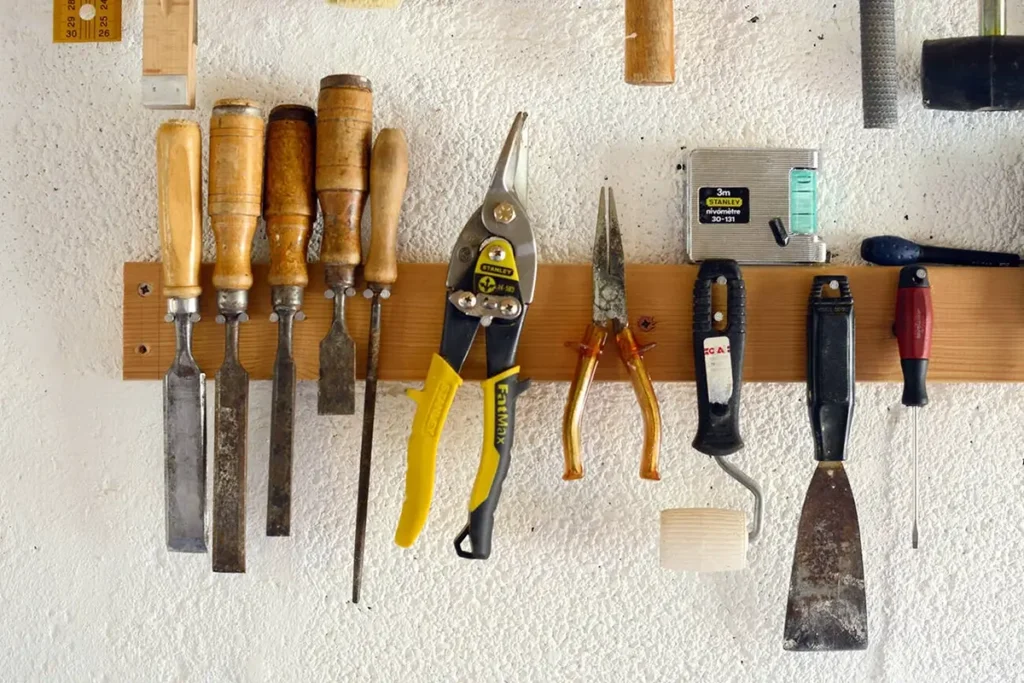
Let’s dig into how these humble tools are indispensable across various fields.
Woodworking and Carpentry
Woodworking is where hand tools really shine. Before power tools, carpenters relied entirely on their hands and a keen eye. Even today, nothing beats the control you get from a good hand tool.
Key Tools: Saws, chisels, hammers, block planes, clamps, measuring tapes, layout squares.
Applications: Cutting, carving, smoothing surfaces, joining pieces, and precise measurements.
Imagine you’re building a bookshelf. You’d start with a measuring tape and layout square to mark your cuts. Then, grab your saw to cut the wood to size. Chisels are perfect for carving out joints, and a block plane smooths the surface. Finally, clamps hold everything in place as you assemble it. It’s hands-on, precise, and incredibly satisfying.
Electrical Work
Electricians might use power tools for big jobs, but hand tools are essential for precision work. They provide the accuracy and safety needed when dealing with live wires.
Key Tools: Pliers, screwdrivers, wire strippers, voltage testers, measuring tapes, spirit levels.
Applications: Cutting, bending, stripping wires, securing electrical components, measuring voltage and current, installing fixtures.
Ever tried changing a light fixture? You’d start with a voltage tester to make sure the power’s off (safety first!). Then, wire strippers come in handy to remove the insulation from the wires. Pliers are great for bending and securing wires, while a screwdriver helps to fasten everything in place. Simple, yet vital for any electrical task.
Metalworking
Metalworking might sound like it’s all about heavy machinery, but hand tools play a crucial role, especially for detailed tasks.
Key Tools: Hammers, snips, shears, files, rasps.
Applications: Shaping metal, cutting sheets, finishing surfaces.
Think of a blacksmith shaping a horseshoe. They’d use a hammer to pound the hot metal into shape, snips and shears to cut sheets of metal, and files to smooth the edges. It’s a mix of strength and finesse that only hand tools can provide.
Automotive Repair
When fixing cars, precision is key. Hand tools allow mechanics to get into tight spots and make adjustments that power tools might not manage as delicately.
Key Tools: Wrenches, ratchets, screwdrivers, pliers, hammers, expansion bars.
Applications: Tightening and loosening bolts, repairing components, routine maintenance.
Picture this: You’re changing the oil in your car. You’d use a wrench to remove the oil plug and a screwdriver to open the filter. Pliers help with any stubborn parts, and a hammer might be needed for gentle taps. These tools make the job straightforward and manageable.
Jewelry Making
Jewelry making is all about precision and detail. Hand tools allow jewelers to create intricate designs and ensure everything fits perfectly.
Key Tools: Pliers (round nose, bent nose, long nose), needle files, jeweler’s saw.
Applications: Bending, shaping, cutting, polishing, creating intricate designs.
Imagine crafting a delicate necklace. You’d use round nose pliers to bend wire into loops, needle files to smooth edges, and a jeweler’s saw to cut precise shapes. Each tool helps create a masterpiece, one tiny detail at a time.
Gardening
Gardeners often prefer hand tools for their reliability and control. They’re perfect for tasks that require a gentle touch and a bit of elbow grease.
Key Tools: Wheelbarrows, shovels, hand trowels, gardening shears, loppers, weeders, spades, leaf rakes.
Applications: Digging, planting, trimming, transporting soil and plants, maintaining gardens.
Gardening is a hands-on activity. For instance, planting a new flower bed involves using a shovel to dig holes, a hand trowel to place the plants, and shears to trim any overgrowth. These tools make gardening a labor of love.
DIY Projects
DIY enthusiasts know the value of good hand tools. They’re versatile, easy to use, and perfect for a variety of projects.
Key Tools: Scissors, utility knives, screwdrivers, wrenches, saws, pliers.
Applications: Cutting materials, assembling furniture, home repairs, crafting.
Ever built a piece of IKEA furniture? You’d need a screwdriver to tighten screws, a wrench for bolts, and maybe a utility knife to open the packaging. These tools make any DIY project doable.
Welding
Safety and precision are paramount in welding. Hand tools help prepare and finish the work, ensuring everything is just right.
Key Tools: Welding gloves, auto-darkening helmets, safety glasses, chipping hammers, wire brushes.
Applications: Safety, cleaning and preparing surfaces, maintaining weld quality.
Welding a metal frame? You’d wear gloves and a helmet for protection, use a chipping hammer to remove slag, and a wire brush to clean the welds. These tools keep you safe and your work high-quality.
Manufacturing
Manufacturing involves both large machines and precise hand tools. The latter are essential for detailed tasks and adjustments.
Key Tools: Wrenches, spanners, pliers, screwdrivers.
Applications: Assembly, repair, maintenance, precise adjustments in production lines.
Imagine assembling a piece of machinery. You’d need wrenches and spanners to fit bolts, pliers for holding parts, and screwdrivers for fastening components. These tools keep the production line moving smoothly.
Demolition
Demolition might seem like all brute force, but hand tools help control the process and make it more efficient.
Key Tools: Hammers (ball peen, club, sledge), chisels.
Applications: Breaking down structures, removing fixtures, preparing sites for renovation.
Think of tearing down a wall. A sledgehammer breaks through the bulk, while a chisel helps remove smaller sections and fixtures. These tools make demolition precise and manageable.
Plumbing
Plumbers rely on hand tools for precision and reliability. They’re perfect for fitting pipes and making repairs.
Key Tools: Pipe wrenches, pliers, basin wrenches, tubing cutters.
Applications: Fitting and removing pipes, cutting and shaping materials, repairing leaks.
Fixing a leaky faucet? A pipe wrench loosens the old pipe, pliers help hold parts in place, and a tubing cutter ensures clean cuts. These tools make plumbing repairs straightforward and effective.
Construction
Construction projects, big or small, benefit from the precision and control of hand tools.
Key Tools: Hammers, measuring tapes, levels, utility knives, pliers, wrenches.
Applications: Building structures, measuring and cutting materials, assembling components.
Building a shed? You’d start with a measuring tape and level to ensure everything’s straight, use a hammer to drive nails, and a utility knife for precise cuts. These tools ensure your construction project is solid and well-built.
Conclusion
Hand tools are the unsung heroes in many fields. They offer control, precision, and a personal touch that power tools often lack. Whether you’re a DIY enthusiast or a professional, having the right hand tools in your toolbox is essential. They’re the trusty sidekicks that make every job doable and every project a success.

Matthew Dowell
Matthew, a seasoned builder from a family of craftsmen, leads Tools Trove. His passion for tools and decades of hands-on experience fuel his commitment to providing expert reviews and insightful content. Whether you’re a pro or a DIY enthusiast, Matthew’s guidance ensures informed decisions in the world of tools.

